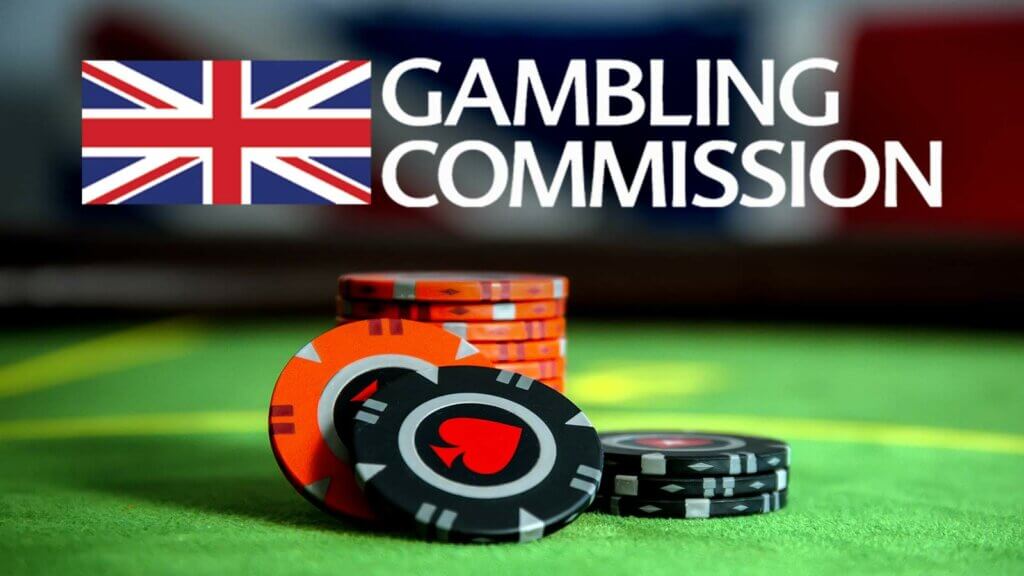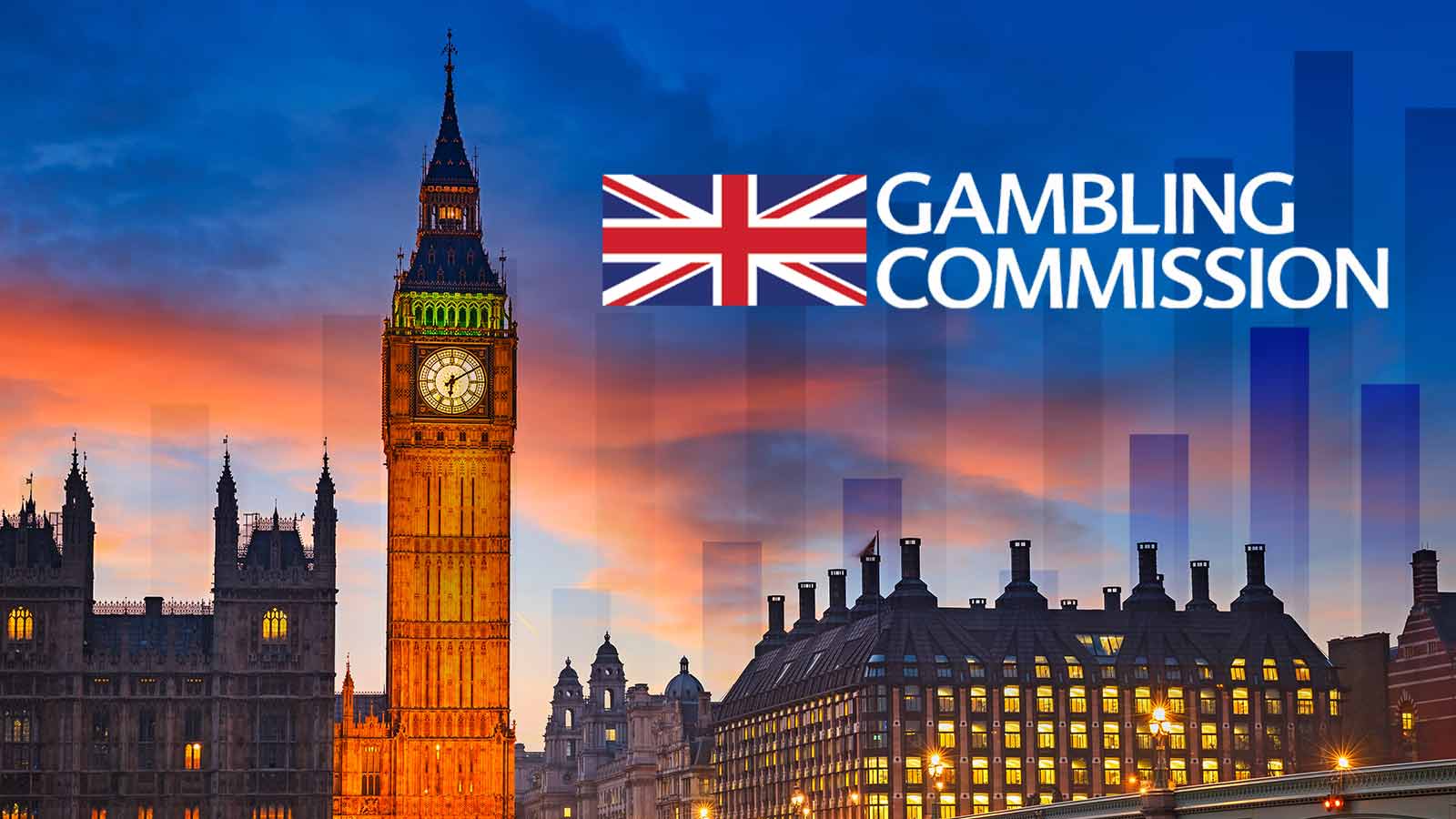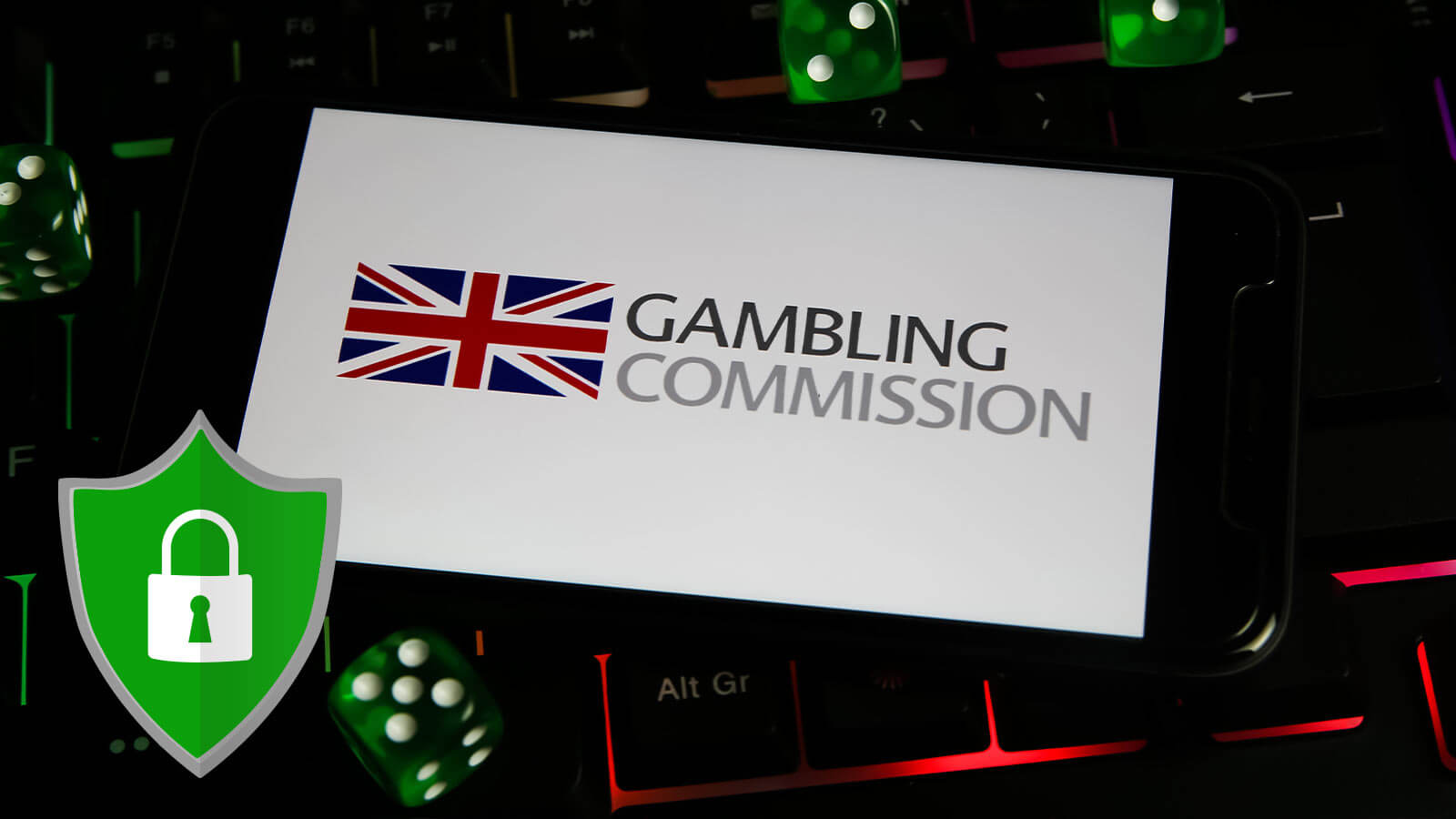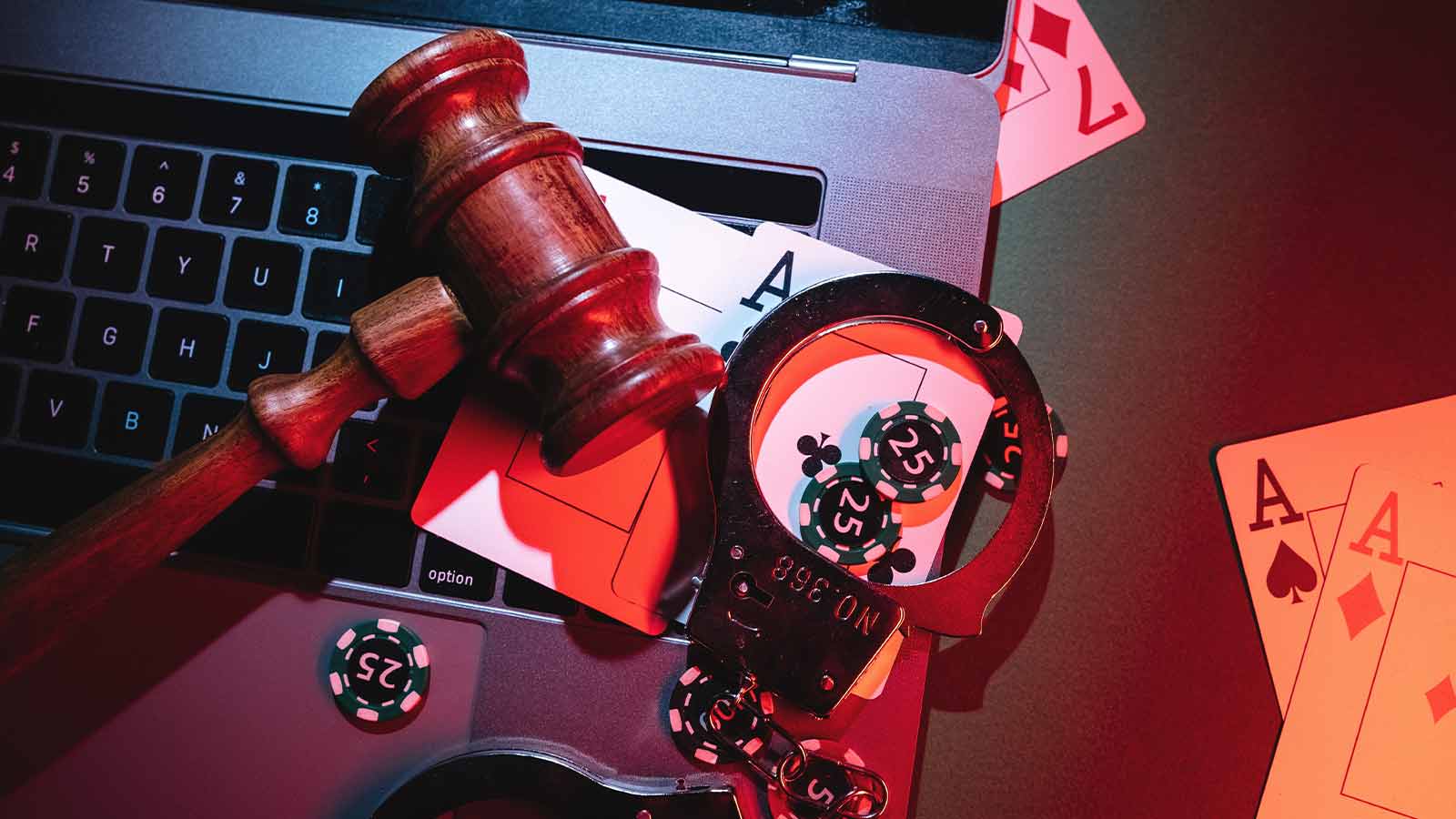UKGC New Regulations Imply Strict Rules For All UK Casinos
KingCasinoBonus receives money from casino operators every time someone clicks on our links, influencing product placement. The compensation we receive does not impact our recommendation, advice, reviews and analysis in any way. Our content will always remain objective, independent, straightforward, and free from bias.

Are you aware that the UK Gambling Commission (UKGC) has implemented stricter regulations for the gambling industry in 2022 that impact even in 2024 every UK online casino? These new rules aim to tackle problem gambling effectively. Learn more about how the UKGC is doubling down on promoting safe gambling.
On this page
Current Situation

The UK has a large and developed gambling industry, regulated by the Gambling Commission under the Gambling Act of 2005. In 2022, the Commission implemented new rules to protect vulnerable players and prevent gambling harm.
Every year, the Commission updates or introduces new regulations to combat illegal casinos and ensure compliance with strict regulations.
What Is Improving?
The UK Gambling Commission (UKGC) has implemented new regulations requiring UK online casinos to provide more support for individuals at risk of problem gambling or gambling addiction.
Below is a list of some of the Commission’s instructions that it expects regulated casinos holding a UKGC license to follow.
Positive expected impacts of the new rules:
- Increasing protection for at-risk users
- Creating a system for detecting potentially compulsive gaming in individual customers
- Implementing a hands-on interactive approach with consumers to tackle harmful behaviour
- Restrict or completely stop the marketing of casino bonuses and other material to problem gamblers
The New UKGC Rules For UK Online Casinos

- Keep an eye out for risk indicators that could help detect harmful gambling
- Flag indicators and take prompt action to address the risk indicators
- Start using automated technology to detect harmful indicators
- Cease promotional material and advertisement of bonuses for ‘at-risk’ users
- Engage in direct interaction with customers with a focus on problem-gaming
- Provide the UKGC with evidence of interaction with customers on problem gaming
- Comply with the UKGC’s new regulations at all times
Coming Into Effect & Enforcing The New Regulations
The Commission implemented its new instructions and recommendations on September 12, 2022. These strict rules were developed after detecting widespread non-compliance with established player protection standards.
Following an April 14 announcement, the UKGC will conduct routine checks to ensure that all regulated casinos adhere to the new recommendations. Additionally, the Commission affirmed its commitment to collaborating with key stakeholders, including the Betting & Gaming Council (BGC), the Information Commissioner’s Office (ICO), and the Department for Digital, Culture, Media & Sport, to provide enhanced assistance to at-risk customers.
What Is UKGC’s Aim?

The UKGC’s mission isn’t about cracking down on illegal casinos but fixing customer service issues with regulated operators. Every UK online casino licensed by the UKGC must enforce a responsible gaming policy to fight gambling addiction. But sadly, many operators only follow these rules on the surface.
The UKGC’s new regulations will bring strict rules, making gambling providers deal with these issues quickly. They’ll have to watch out for signs of harmful gambling, like how much time and money is spent on gambling and specific gaming habits that might show compulsive gaming.
Many of the top online casinos we’ve selected also leave it up to you to decide if you want to play responsibly or help others struggling.
Illegal Casinos
Despite periodic attempts to introduce and update strict rules, illegal casinos continue operating outside the law. Different types of illicit casinos exist, but a lack of a UKGC license makes them unlawful to operate.
Even regulated casinos holding licenses from entities like the Malta Gaming Authority (MGA) or the government of Gibraltar will be deemed illegal if they operate without UKGC permission in the UK.
While non-UK licensors such as the MGA require license holders to implement various security and player protection measures, it’s important to note that the UKGC has the strictest rules in place.
Currently, no casino site or sportsbook can legally operate in the UK without prior approval from the UKGC.
UKGC Actions Directed Against Illegal Casinos

The UKGC operates a highly effective and comprehensive system for investigating and prosecuting unlicensed and regulated casinos that fail to meet their license requirements.
When it comes to consequences, illegal casinos face much harsher penalties.
On the other hand, regulated casinos that violate their license obligations may incur hefty fines if the investigation reveals deliberate or unintentional misconduct.
Depending on the severity of the infractions by unlicensed casinos under UKGC scrutiny, penalties can range from shutting down the casino to criminal prosecution.
Moreover, the UKGC collaborates closely with law enforcement authorities to swiftly address and penalise illegal gambling activities.
Termination and Fines
It will investigate formally if the UK Gambling Commission detect one or more illegal casinos operating without a license.
Following that investigation, and depending on the severity of the gambling company’s criminal conduct, the UKGC will take appropriate action.
If the Commission concludes the conduct to be unintentional and minor in its effect, it will likely terminate the company’s operations and/or issue a fine.
Criminal Prosecution
If the operator has engaged in conduct considered to be deliberate and harmful, it may even consult with law enforcement authorities about taking proper action.
This action usually results in a criminal investigation and criminal prosecution.
The Commission usually conducts a preliminary investigation to determine the severity of the crimes and, based on the findings, decides whether or not to involve law enforcement authorities.